Being a Teenager Today: Why It’s So Overwhelming
Being a teenager today is not easy. The world is fast, loud and full of pressure and it’s easy to forget how overwhelming that can feel when you’re trying to find your place in it.
As a counsellor who has worked with young people for over two decades, I’ve seen firsthand how anxiety and stress can quietly take over a teenager’s life. If you’re a parent, carer or even a teen reading this, I hope this guide helps you understand what’s going on beneath the surface and offers hope that things really can get better.
What Does Teenage Anxiety Look Like?
Anxiety can show up in many ways and sometimes it doesn’t look like worry at all. Teenagers often struggle to find the words to describe what they’re feeling, especially when it’s tangled up with hormones, school pressure, friendships, and physical changes.
Common signs of teenage anxiety include:
- Emotional signs: frequent tearfulness, irritability, panic attacks, mood swings or seeming shut down
- Physical symptoms: headaches, stomachaches, nausea, rapid heartbeat or feeling shaky
- Changes in behaviour: avoiding school or social events, trouble sleeping, changes in eating habits or needing constant reassurance
- Struggles with thinking: difficulty concentrating, racing thoughts, catastrophising or perfectionism
These signs aren’t always linked to anxiety alone, but if they’re persistent and affecting your teen’s quality of life, it’s time to take it seriously.
What Causes Teen Stress and Anxiety?
Teenage stress has many roots. Some of them are expected parts of growing up, but others can feel overwhelming.
Here are some of the most common causes:
1. Academic Pressure
Exams, grades and future plans are big stressors. Teens often feel like their whole future depends on how they perform right now.
2. Social Dynamics
Friendships can be intense at this age. Fear of rejection, bullying (including online) or feeling like you don’t belong can have a huge impact on emotional wellbeing.
3. Family Issues
Family breakdowns, illness, high expectations or simply feeling misunderstood at home can all contribute to anxiety.
4. Body Image and Identity
Teens are navigating their identity, gender, sexuality, values and how they feel in their own skin. If they don’t feel safe to explore these things openly, it can cause internal distress.
5. The Online World
Social media can be a double-edged sword. It can offer connection, but it can also feed anxiety through comparison, unrealistic standards, and constant stimulation.
How Counselling Can Help Teenagers Manage Anxiety and Stress

Counselling offers teens something they don’t always get elsewhere, a space where they don’t have to pretend. No pressure, no judgement. Just a warm, calm environment where they can explore what’s going on for them.
A Safe Space to Talk
Many teens don’t want to “burden” their parents or teachers. Counselling gives them an outlet where they can speak freely and feel truly heard.
Understanding Emotions
Therapy helps teenagers identify what they’re feeling and why. Often, just naming an emotion can reduce its power.
Building Coping Skills
Rather than turning to unhelpful habits like avoidance, overthinking, or self-harm, counselling supports teens in building healthier coping strategies like grounding, journaling, or setting boundaries.
Boosting Self-Esteem and Confidence
When teens feel seen and accepted, they start to trust themselves more. Confidence grows when anxiety isn’t running the show.
Support Through Change
Whether it’s school transitions, friendship drama or identity exploration, therapy offers a steady presence during times of big change.
For Parents: How to Support Your Teen
- Listen more than you fix. Ask open questions like “What’s been on your mind lately?” rather than jumping into solutions.
- Create calm routines. Predictability reduces anxiety. Things like regular meals, rest, and screen-free evenings can make a difference.
- Model managing stress. When teens see you talking about feelings or taking time for yourself, they learn it’s OK to do the same.
- Encourage counselling gently. Present it as a support, not a punishment. Let them choose a therapist they feel comfortable with.
Is Your Teen Struggling? Let’s Talk.
If your teenager is showing signs of anxiety or stress, please don’t wait until things feel unmanageable. At Donna Morgan Counselling, I offer confidential, compassionate support tailored to meet your teen exactly where they are whether in-person or online.
You’re not alone, and neither are they.
📞 Contact me today to book a free initial consultation or ask any questions. I’m always happy to help.


